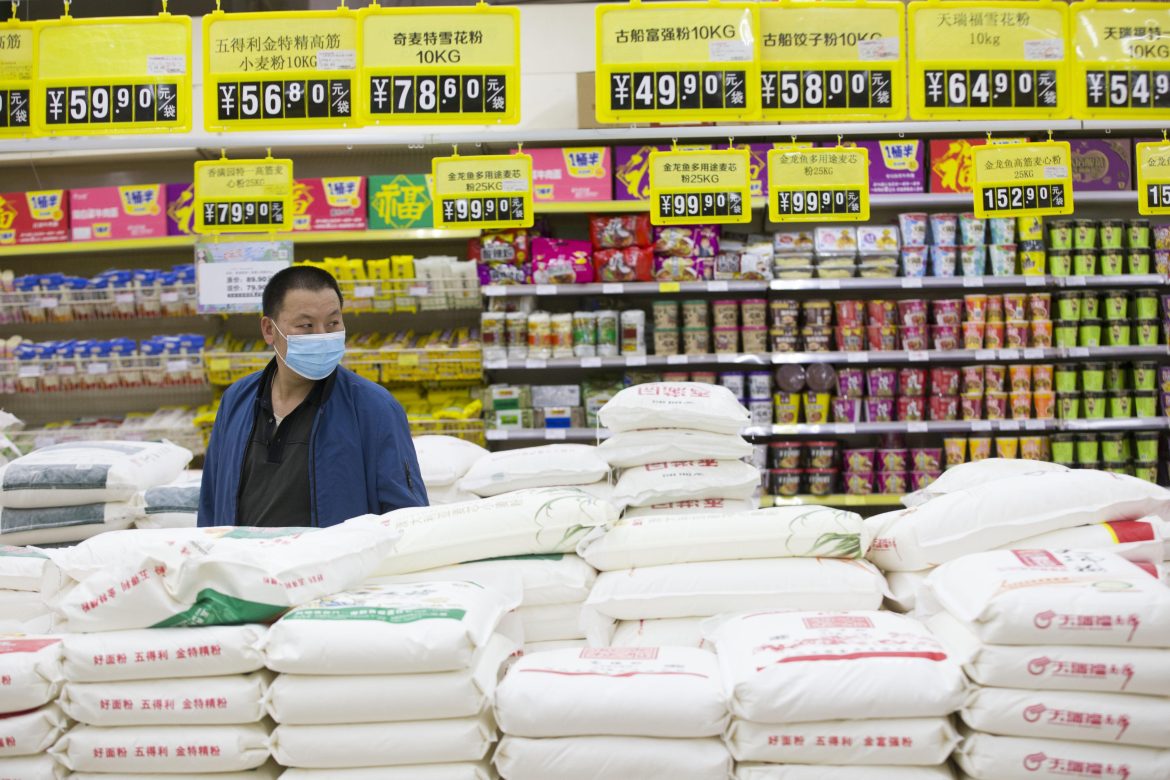China is intensifying efforts to diversify its food supply sources by expanding its presence in international agricultural markets.
With a large population and growing demand for varied food products, China is focusing on reducing its dependence on traditional Western suppliers. This strategy aims to ensure a stable and continuous supply chain for essential food items.
The country’s approach has seen increased engagement with non-traditional partners.
In Kenya, Chinese firms have shown a strong interest in the macadamia nut industry, leading to higher demand for the nuts.
The Chinese government has facilitated investments in the Kenyan agricultural sector, supporting the growth of macadamia farming.
This move reflects China’s strategy to secure a steady supply of nuts for its domestic market while fostering economic ties with Africa.
In South America, Bolivia has emerged as a key partner in China’s food sourcing efforts. The country’s beef industry has attracted Chinese investments, as demand for meat products continues to rise, particularly among China’s growing middle class.
Bolivian cattle ranchers have seen an uptick in business, as China’s need for beef continues to grow. The strengthening of trade between China and Bolivia marks a significant step in China’s broader strategy to enhance food security by seeking diverse sources.
China’s food sourcing strategy also includes Southeast Asia, particularly for rice, a staple in Chinese cuisine.
The country is negotiating collaborative agreements with rice-producing nations to secure long-term supply commitments.
These partnerships often involve technological exchanges, helping local producers improve yield efficiency. This effort underscores China’s intention to build lasting, mutually beneficial relationships with its food suppliers.

